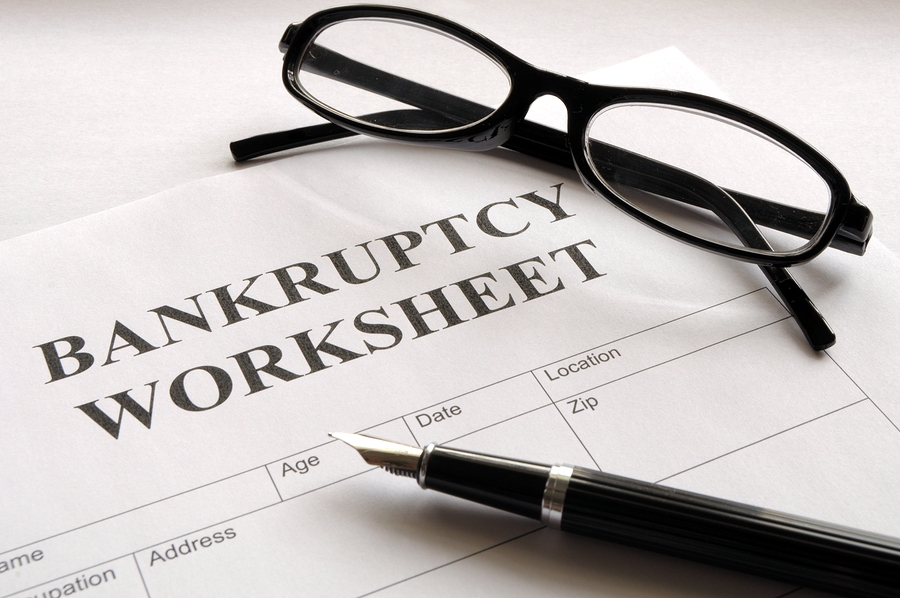No, you don’t need to start your own writer’s conference, but the headline sounded attention-grabbing to me.
Every writer needs to intentionally put themselves in a position to learn and be challenged in a variety of areas. The formal environment for that is the professional writer’s conference. Click here for a list, but you need something more consistent and ongoing as well.
Not everyone lives in an area surrounded by publishing companies or a large number of writers or can attend more than one writer’s conference per year. So what I suggest is something applicable for anywhere you live.
Because authors are expected to be marketers, speakers, bloggers, social media gurus and reader customer service representatives, they should regularly get together with people who can help grow their intuition and expand their understanding in a wide variety of areas.
I am not talking about a manuscript review group or even something publishing-specific.
Once every few weeks, get together with a “challenge group”. (I just made that up so don’t look for any deep meaning in it) Again, not a manuscript review group, but a vision-building group with 3-5 people from diverse backgrounds. Think of friends who might be:
Someone who manages a website for a company
Someone who works in a retail store
Someone who is really good with Facebook
Someone who writes copy for an ad agency
Someone who works in customer service
Someone who has a great website
Someone who sells a lot of stuff on Ebay
Someone with 50,000 real Twitter followers
Someone with 50 Twitter followers
Someone who knows everything about Apple products
Someone who knows nothing about Apple products
Someone who loves eBooks
A youth leader (they love coffee)
Etc.
For years I have gotten together with the same three guys for breakfast, once a month. Each time we meet, we end up discussing something of common interest, even though we are not in the same type of work.
If you had a group that consisted of three friends other than yourself, let’s say, a youth director at a church, a web developer for a car dealer and someone involved in customer service with a company, you might end up talking about getting and keeping meaningful communication and engagement with people, from youth to adults. Each of you could point to a specific facet of the issue and learn something. You each would have a unique perspective.
The purpose of the group is to identify principles that are universal. The very best groups are when each member is open to the same kind of visionary, always- learning approach to life. One week, you might get more out of it than the web developer. Another time, the youth director learns something from the Apple geek.
This group is not about you, but about the group. The common bond being mutual education and illumination.
One time you might come away with new ideas how to interaction with people who are having problems and get an idea for your novel.
Another time you might hear about what youth are struggling with, which might inform the direction of your next book.
In the movie “The Karate Kid,” you’ll remember how a young teen wanted the sensei to teach him karate, but ended up painting the fence, sanding the floor and polishing his car. He felt like it was all a worthless waste of time until discovering that the same motions of painting, sanding and polishing replicated perfectly the various karate moves. When the real karate lessons started, the moves were second-nature.
The same principles apply for writers regularly having breakfast with a few friends.










